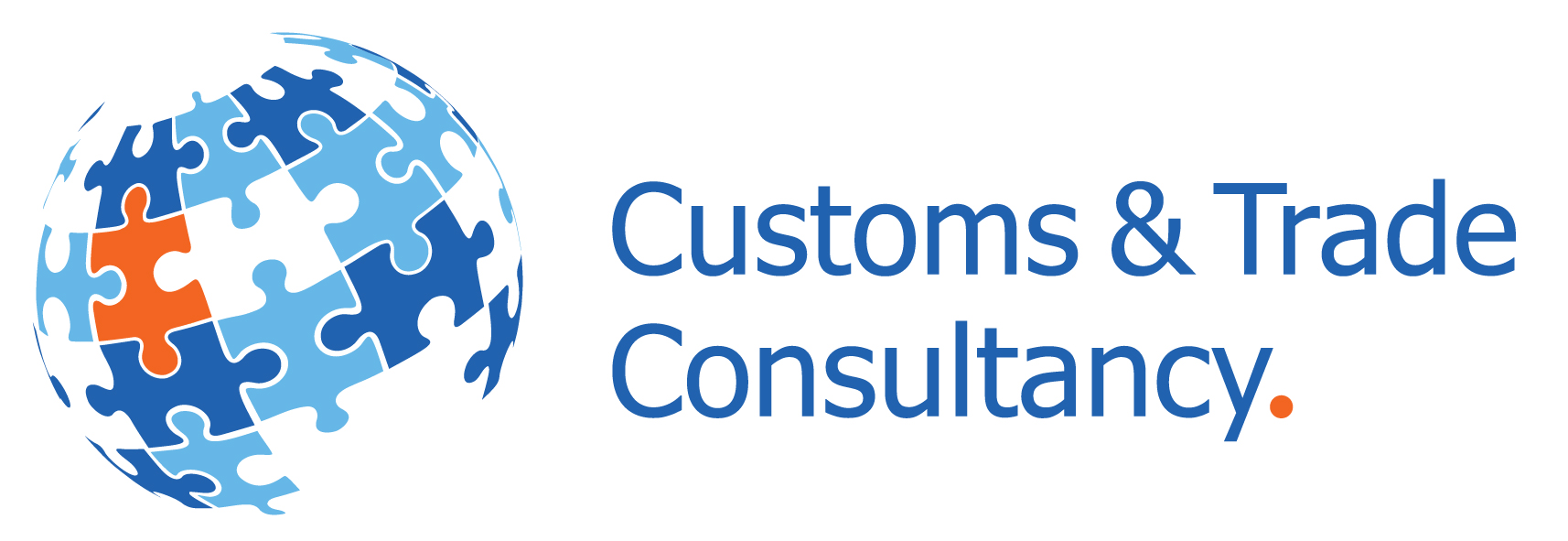The departure of the United Kingdom from the European Union has created many challenges and uncertainty for businesses that trade with the United Kingdom. Cutraco helps businesses to understand how to manage the consequences of Brexit.
What we offer
Cutraco offers the following services related to Brexit and Brexit mitigations:
- Understanding Brexit and Brexit impact assessment specific to your company, including:
- Customs duty impact
- Import VAT and cash-flow impact
- Clearance costs
- Supply chain impact
- Processes and controls
- Outline customs import requirements for your company, including:
- Type of required records/documentation, record keeping obligations and reporting responsibilities
- Identify gaps and improvement areas within your company’s supply chain
- Outline customs import requirements on a practical level specially focussed using your company’s processes
- Advice on Brexit mitigations strategies
- Outline special customs procedures
- Customs declarations
- Customs training
Contact us today to arrange a discussion on how Brexit impacts your company.
